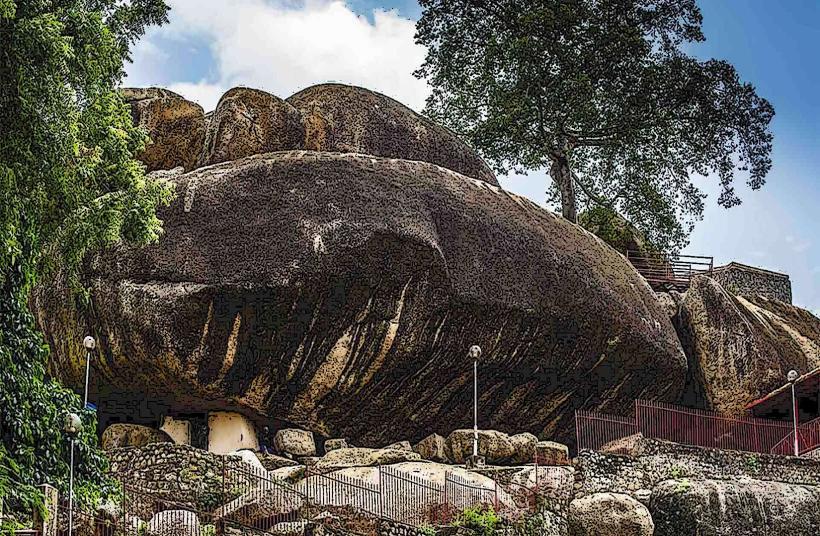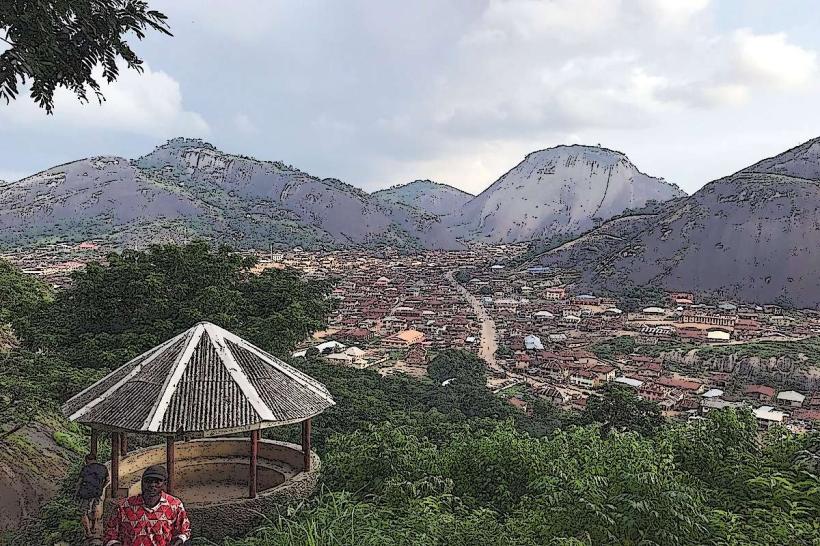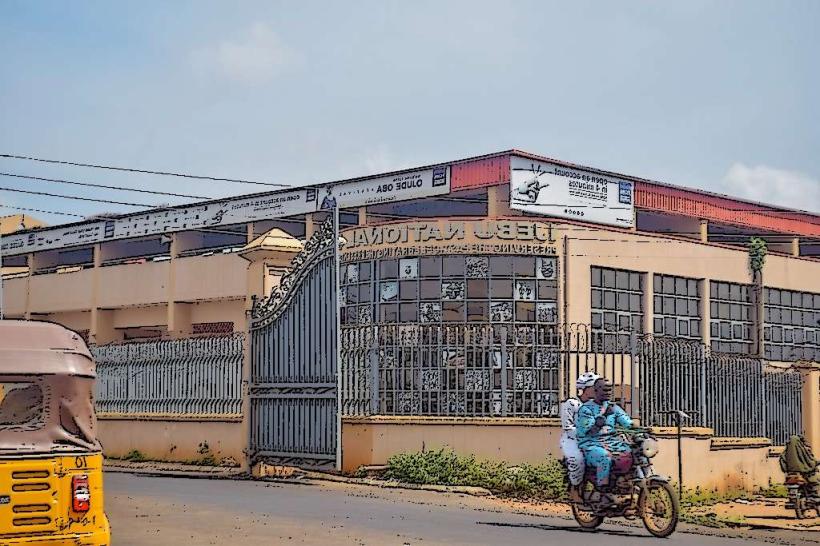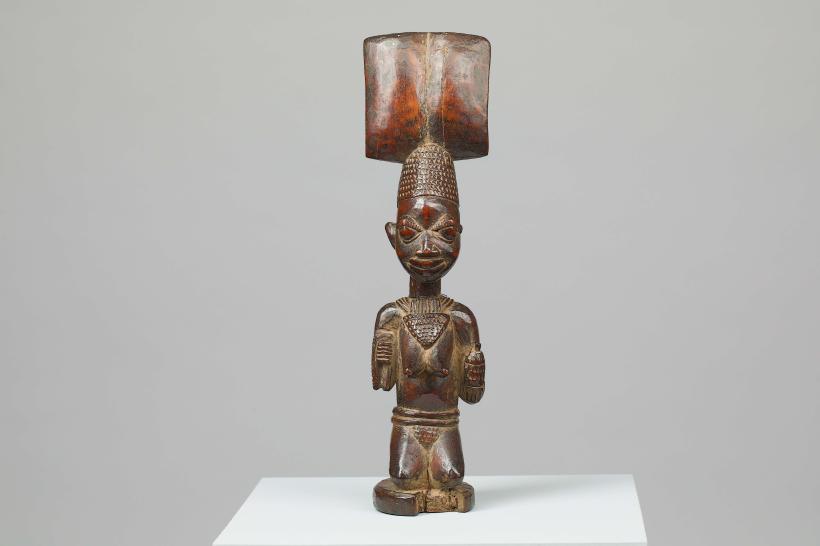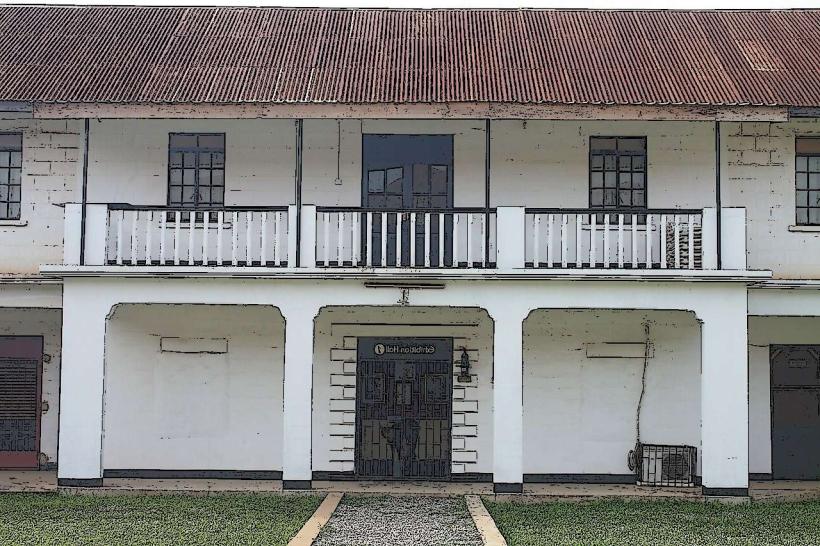Information
Landmark: Moshood Abiola International StadiumCity: Ogun
Country: Nigeria
Continent: Africa
Moshood Abiola International Stadium, Ogun, Nigeria, Africa
The Moshood Abiola National Stadium, located in Abuja, Nigeria's capital city, is a multi-purpose sports stadium that holds great significance for the country. It serves as a center for football, athletics, and various cultural events. The stadium was originally named the National Stadium, Abuja, but it was renamed in June 2019 to honor Moshood Kashimawo Olawale Abiola, a Nigerian businessman, politician, and philanthropist who is remembered for his pivotal role in Nigeria’s democratic process. Abiola was widely regarded as the winner of the 1993 annulled presidential election.
Key Facts About Moshood Abiola National Stadium
Location: The stadium is situated in the Kukwaba District of Abuja, easily accessible from different parts of the city. It is located on Independence Avenue, an important road in Abuja.
Capacity: It has a seating capacity of 60,491, making it the largest stadium in Nigeria. It is capable of hosting large-scale events, including international football matches and concerts.
Opening: The stadium was officially opened in 2003, built to host the 8th All Africa Games, which was held in Nigeria.
Design: Designed by the German architectural firm Schlaich Bergermann & Partner, the stadium features a sleek, modern design with a unique roof structure. The playing field is made of natural grass, surrounded by a running track, making it suitable for both athletics and football.
Facilities:
The stadium is equipped with 56 executive suites and a presidential lounge that can accommodate up to 50 people, offering high-end viewing experiences.
There is an Olympic-size swimming pool, basketball courts, and multiple FIFA-standard training pitches within the complex.
The venue also includes ample parking, seating for fans, and state-of-the-art lighting and audio systems for evening events.
Primary Uses and Events
Football: The stadium is the home ground of Nigeria’s national football team, known as the Super Eagles. It is frequently used for international football matches, including qualifiers for major tournaments such as the FIFA World Cup and Africa Cup of Nations.
Athletics: As part of its multi-purpose design, the stadium is also used for athletics competitions, including track and field events, and has hosted several major sports meets.
Cultural Events: In addition to sports, the stadium hosts concerts, festivals, and other cultural events, making it a vibrant part of Abuja’s entertainment scene. It has also been the venue for the African Military Games in 2024.
Naming and Legacy
In June 2019, the stadium was renamed to honor Moshood Abiola, an important figure in Nigeria’s political history. Abiola was considered by many to have won the 1993 presidential election which was annulled by the military government. His struggle for democracy became a symbol of hope for the Nigerian people.
The renaming was part of Democracy Day celebrations, a day dedicated to celebrating Nigeria’s transition to democratic governance. This move was to acknowledge Abiola's contribution to Nigeria’s political and democratic struggles.
Significance of the Stadium
The Moshood Abiola National Stadium is more than just a sports venue; it is a symbol of national unity and pride. It is one of the most significant landmarks in Abuja, a place where people gather not just for sporting events, but for celebrations, festivals, and moments of cultural significance.
Cultural Importance: The renaming of the stadium added a layer of cultural significance, as it became a place of remembrance for Abiola's role in Nigeria's democratic evolution. It embodies the ideals of perseverance, justice, and the ongoing fight for democratic integrity.
Sporting Legacy: As Nigeria’s largest stadium, it continues to serve as a center for the development of sports and the promotion of national talent. The stadium is an important asset for hosting international tournaments and domestic leagues, helping elevate Nigeria’s profile on the world sports stage.
Accessibility and Nearby Attractions
Accessibility: The stadium is easily reachable by major roads within Abuja, and there are good public transportation links to the site. It is well-connected by highways and has parking facilities to accommodate large crowds.
Nearby Attractions: Visitors to the stadium often explore other nearby landmarks in Abuja, such as Jabi Lake, Nigerian National Mosque, and National Christian Centre. The stadium itself is in close proximity to other government buildings and cultural centers in Abuja.
Conclusion
The Moshood Abiola National Stadium is a state-of-the-art facility that stands as a landmark in Nigeria’s capital city. It is not only a hub for sports but also a cultural icon, reflecting Nigeria’s history, struggle, and progress as a nation. Its size, facilities, and historical significance make it a key destination for both locals and international visitors.

